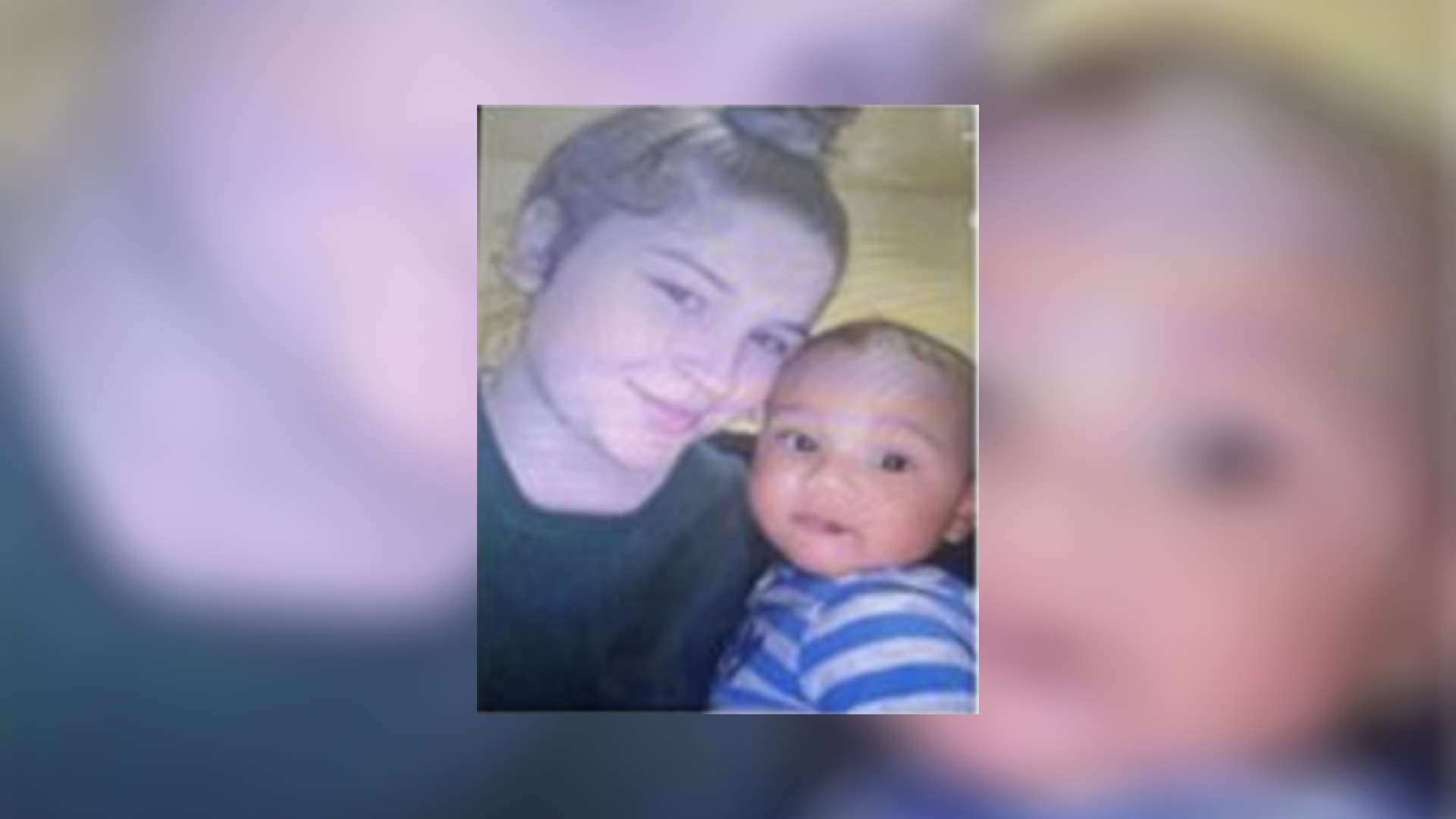City of Miami Mayor Tomas Regalado said no local government is prepared for the arrival of potentially thousands of Cuban migrants who have been stranded in Costa Rica for months.
Regalado also said organizations that help Cubans once they arrive have not received any guidance from the federal government on the mass migration issue.
An estimated 8,000 Cubans remain stranded at the Costa Rican border with Nicaragua. Last week, Central American leaders agreed on a pilot program for an undisclosed number of people. According to the Costa Rican Foreign Ministry, the Cuban migrants will be airlifted from Costa Rica to El Salvador, then continue by bus to Mexico, and the United States.
"This is Mariel, but in slow motion," Regalado said Monday, referencing the 1980 Mariel Boatlift, in which more than 100,000 Cubans fled the island nation by boat from Mariel Harbor to the U.S.
The state's Maritime mass migration plan was a direct result of the Mariel Boatlift.
Regalado believes many in the group have their eyes on Miami as a final destination. He said immigration is a federal matter, but the city does not have the resources to house the thousands potentially headed their way.
"I don't think that the federal government has a plan. They have not acknowledged that there is a crisis," he said.
Local
The Miami-Dade County Emergency Management team is also monitoring what the team's director called a fluid situation.
The team said it's prepared to adapt the policy for this wave of migration by land.
"In this event if this were to happen this wouldn't be people presenting themselves all at one time here in South Florida," Emergency Management Director Curtis Sommerhoff said. "It would be more of a controlled event. It would be more of a challenge for those along the southwest border."
The U.S. Department of State said it has no plans to alter the current migration policy regarding Cuba. When asked about the Central American deal, a State Department spokesperson said in part: "We refer you to the involved host governments for details of the agreement."
"The plan locally has always been a humanitarian plan," Sommerhoff said.
There's been no word from Central American governments on when the pilot program will begin. Local governments both in South Florida and along the Southwest border are watching how things will evolve.



